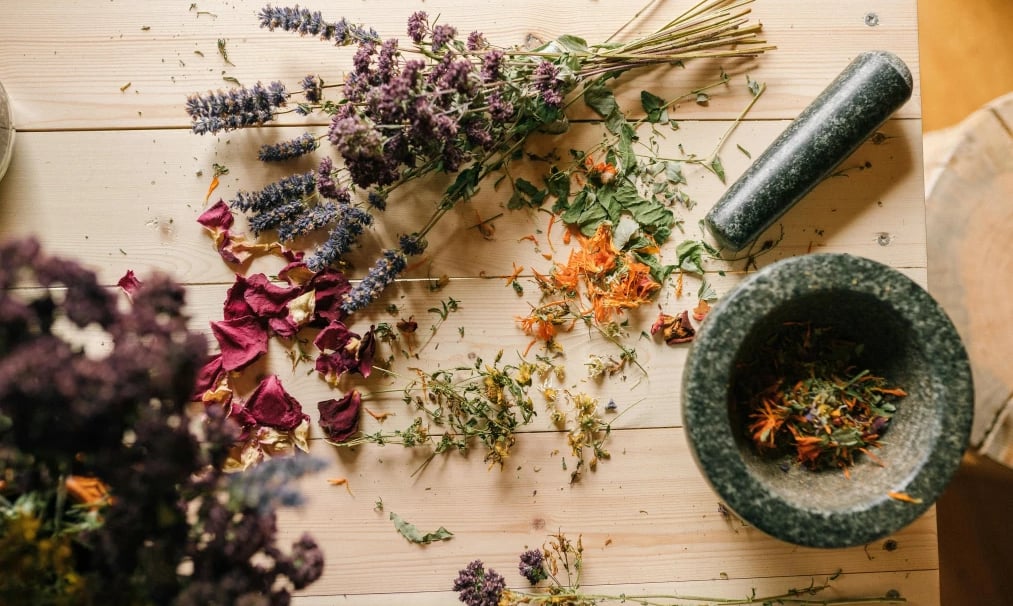Menopause Insomnia: 7 Natural Sleep Solutions
This article explores Menopause Insomnia: 7 Natural Sleep Solutions with science-backed insights, natural remedies, and lifestyle advice.
SLEEP SOLUTIONS


This article explores Menopause Insomnia: 7 Natural Sleep Solutions with science-backed insights, natural remedies, and lifestyle advice.
SLEEP SOLUTIONS

